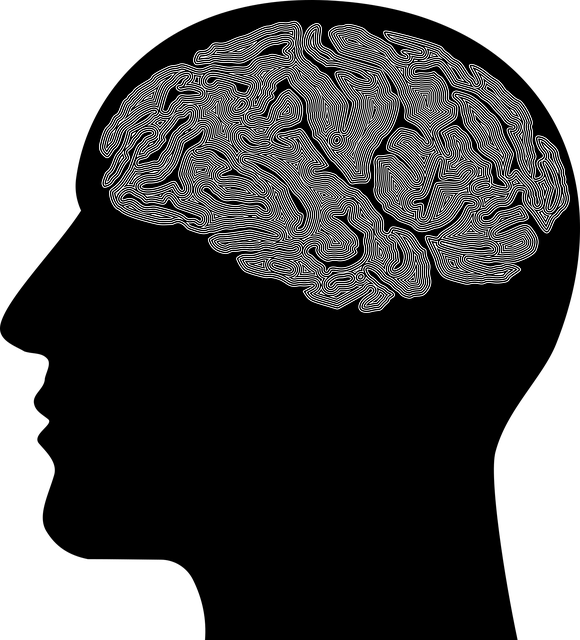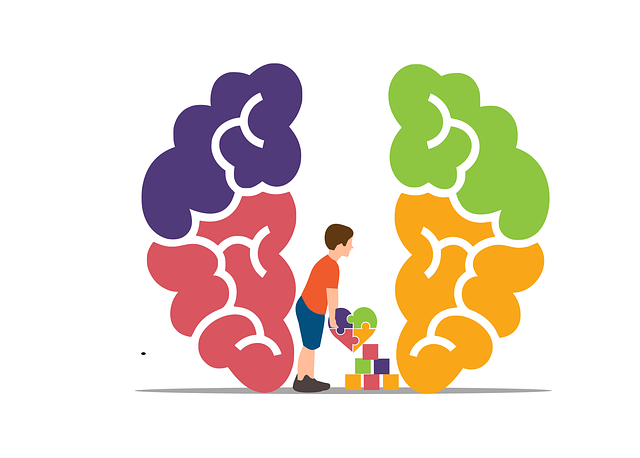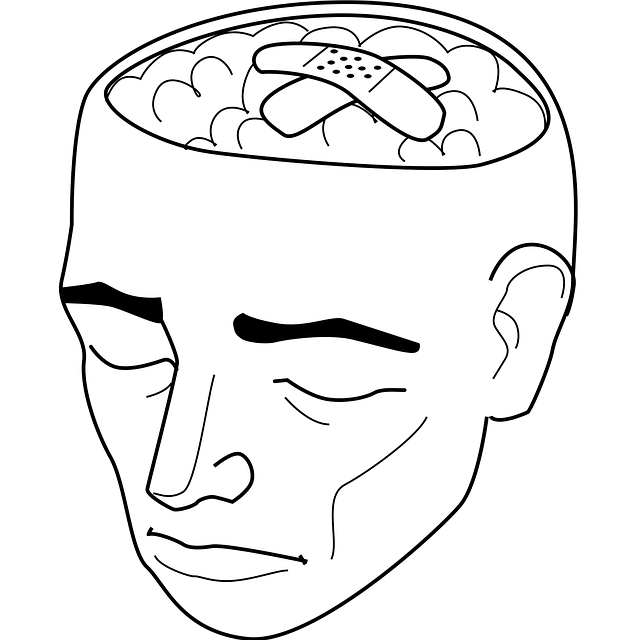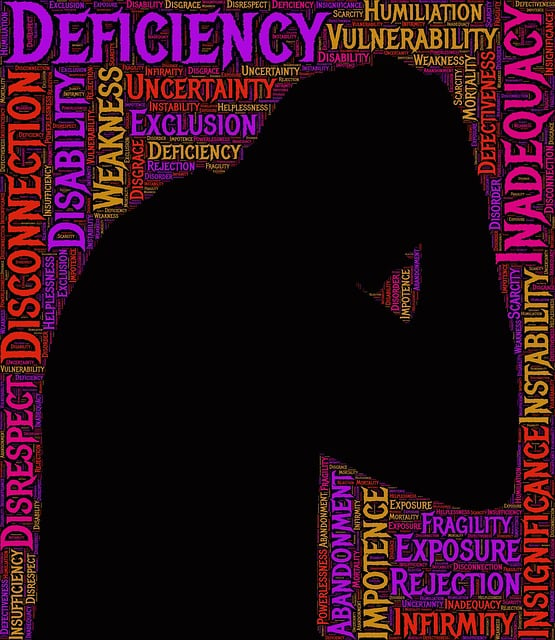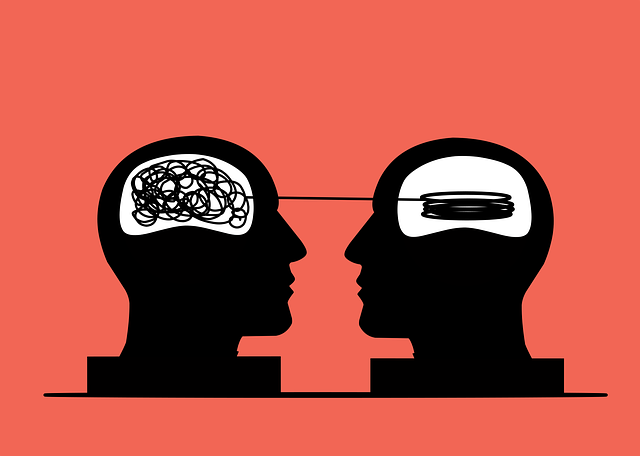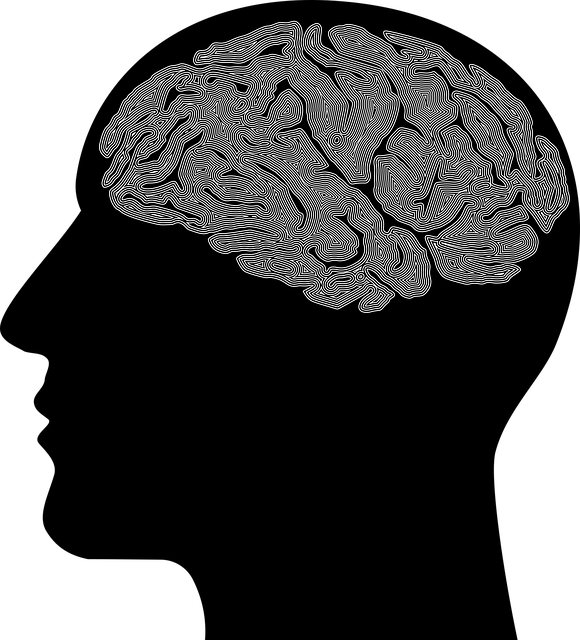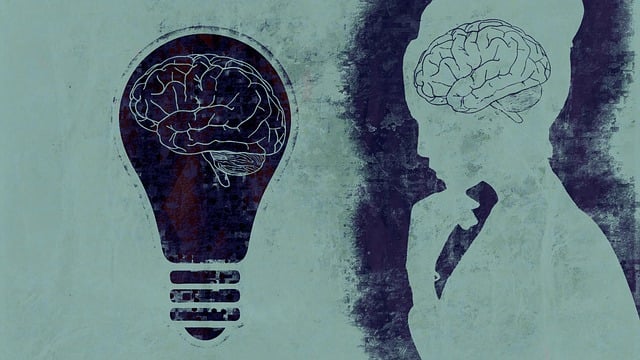Adolescence with Functional Neurological Disorders (FNDs) presents unique challenges, but specialized therapy for adolescent teens offers hope. Techniques like Cognitive Behavioral Therapy (CBT), mindfulness meditation, and stress management workshops empower teens to cope with elevated stress levels, improve self-esteem, and build resilience. Early intervention focusing on these evidence-based practices not only prevents mental health issues but also enhances overall well-being, aligning with Mental Health Policy goals for accessible resources and normalized conversations around mental health.
Stress management techniques are crucial for adolescent teens with functional neurological disorders (FNDs). This article delves into understanding the unique stress responses of this demographic, highlighting the pivotal role therapy plays in their management. We explore practical, evidence-based techniques to foster resilience and coping skills, emphasizing the long-term benefits of early intervention and consistent practice. By implementing these strategies, parents, educators, and healthcare professionals can significantly enhance the well-being and quality of life for teen FND sufferers.
- Understanding Stress in Adolescent Teens with Functional Neurological Disorders
- The Role of Therapy in Managing Stress for This Specific Demographic
- Practical Techniques to Foster Resilience and Coping Skills
- Long-term Benefits of Early Intervention and Continuous Practice
Understanding Stress in Adolescent Teens with Functional Neurological Disorders

Adolescence is a crucial period of development, often marked by heightened stress levels for teens with functional neurological disorders (FNDs). These disorders, which manifest as physical symptoms without any organic cause, can significantly impact a teen’s daily life and emotional well-being. Stress in this population is multifaceted; it stems from the unique challenges of managing a hidden illness, navigating social interactions at school, and dealing with potential stigma.
Understanding stress within this context requires a holistic approach to therapy. Techniques such as mindfulness meditation and cognitive behavioral therapy can be powerful tools for adolescent teens with FNDs. These therapies aim to improve self-esteem, boost confidence, and teach effective coping strategies. By integrating these practices into their lives, teens can develop resilience, learn to manage stress responses, and ultimately improve their overall quality of life.
The Role of Therapy in Managing Stress for This Specific Demographic

For adolescent teens dealing with Functional Neurological Disorders (FND), therapy plays a pivotal role in their stress management journey. Specialized therapeutic approaches tailored to this demographic can significantly help them navigate and cope with stress effectively. Cognitive-behavioral therapy (CBT) is a widely recognized method, offering tools to challenge negative thought patterns and behaviors that contribute to heightened stress levels.
Incorporating mindfulness meditation and mood management techniques within the therapeutic framework has proven beneficial. These strategies encourage teens to focus on the present moment, enhancing their ability to regulate emotions and reduce anxiety. Additionally, participating in structured Stress Management Workshops organized by various organizations empowers adolescents with practical skills to identify and manage stress triggers, fostering a sense of control over their lives.
Practical Techniques to Foster Resilience and Coping Skills

Teaching practical techniques to foster resilience and coping skills is a key component of stress management education, especially for adolescents navigating challenges like Functional Neurological Disorders (FND). Therapies such as Cognitive Behavioral Therapy (CBT) have proven effective in helping teens manage stress by identifying and changing negative thought patterns. This approach empowers them to confront stressors head-on and develop healthier coping mechanisms.
Cultural sensitivity in mental healthcare practice is also vital. Adolescents from diverse backgrounds may experience stress differently due to cultural norms and beliefs. Trauma support services tailored to these unique needs can significantly enhance the effectiveness of stress management techniques. Encouraging teens to incorporate self-care routine development for better mental health into their daily lives, such as mindfulness exercises or creative outlets, further strengthens their resilience and coping abilities.
Long-term Benefits of Early Intervention and Continuous Practice

Early intervention plays a pivotal role in shaping the mental health trajectory of adolescent teens, especially those with functional neurological disorders (FNDs). By implementing stress management techniques teaching as part of therapeutic approaches, professionals can empower teens to develop effective coping skills that will serve them throughout their lives. This proactive strategy not only aids in depression prevention but also fosters overall resilience against future mental health challenges.
Continuous practice and integration of these techniques into daily routines are key to reaping long-term benefits. Regular sessions focused on mindfulness, relaxation strategies, and cognitive reframing can help teens build a stronger relationship with their mental well-being. This, in turn, contributes to improved emotional regulation, enhanced coping abilities, and better stress resilience—all crucial elements for navigating the complexities of adolescent development and beyond. Such interventions align with broader Mental Health Policy Analysis and Advocacy goals, aiming to normalize conversations around mental health and ensure accessible resources for at-risk populations, including those with FNDs.
Stress management techniques are invaluable tools for adolescent teens with functional neurological disorders (FNDs), offering a path towards improved mental well-being and enhanced resilience. By combining therapeutic interventions with practical coping skills, we can empower these individuals to navigate the challenges of daily life more effectively. Early intervention and consistent practice prove essential in fostering long-term benefits, ensuring that adolescents develop robust strategies to manage stress and maintain their overall health as they grow. Therapy tailored to this demographic plays a pivotal role in promoting recovery and enriching their future prospects.

